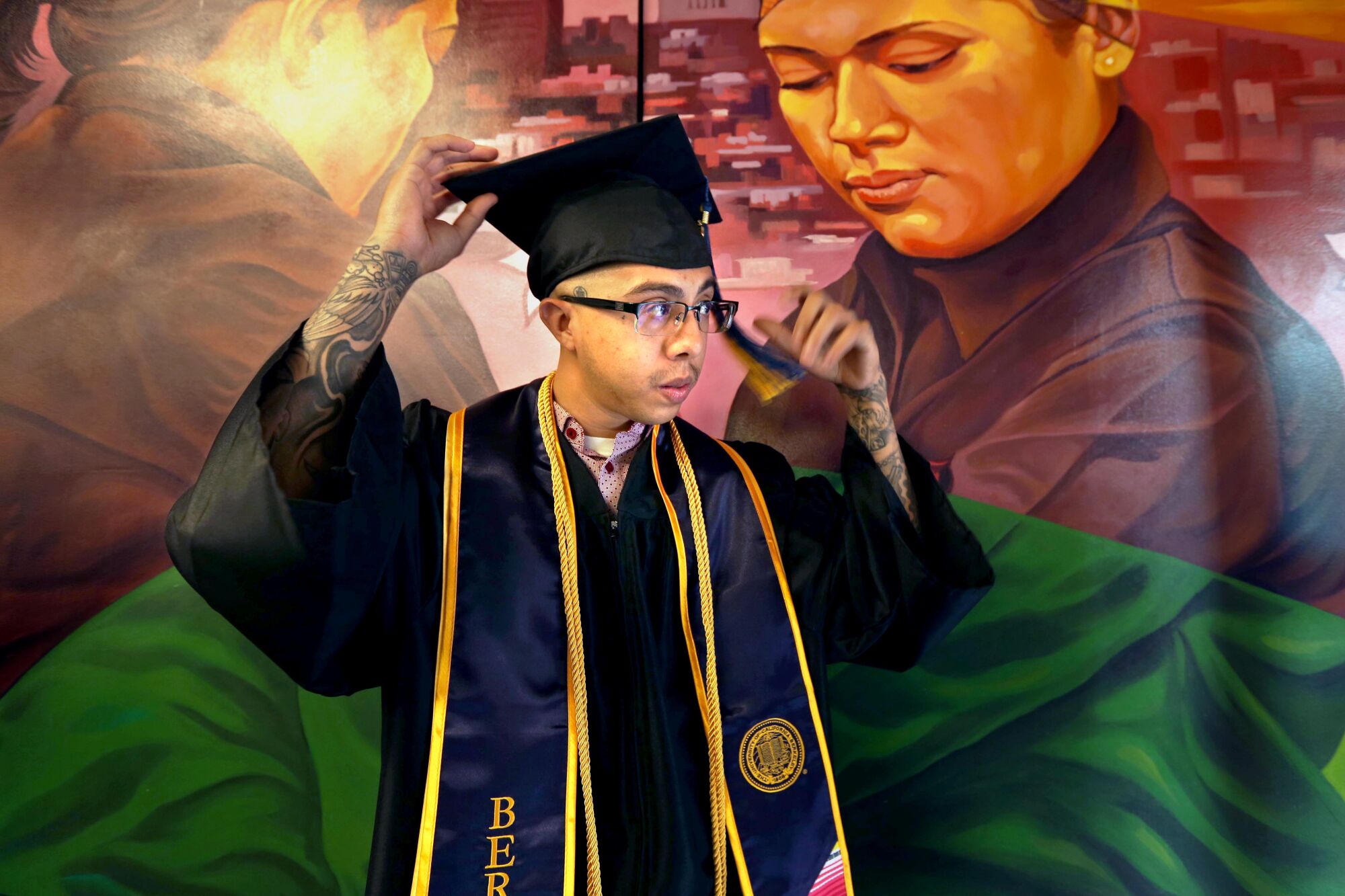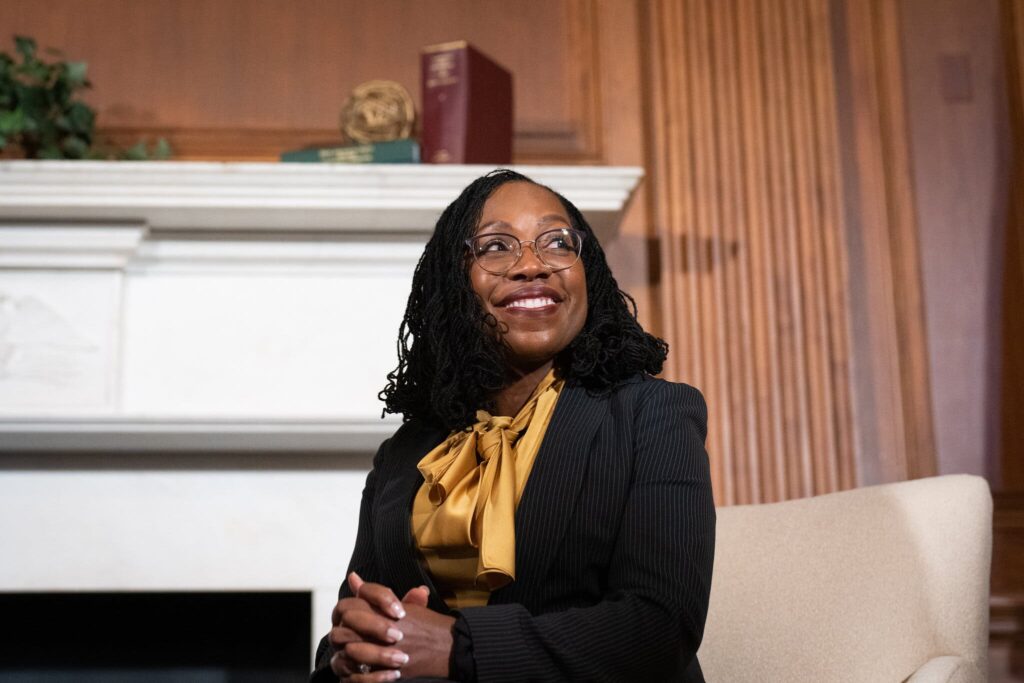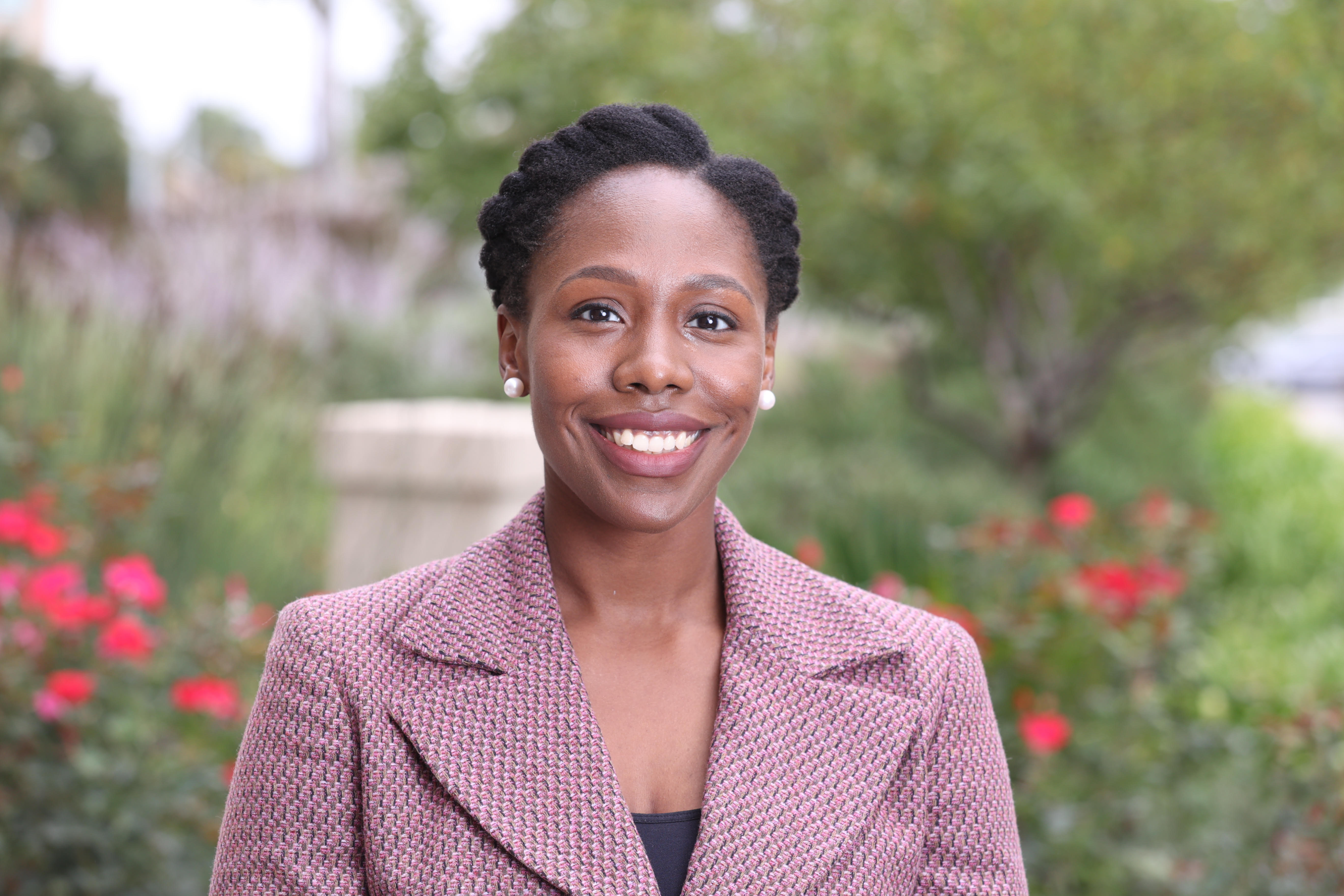Justice Jackson wasted no time
More of This
From her first week on the Supreme Court bench in October to the final day of the term that ended last week, Justice Ketanji Brown Jackson did something remarkable for a junior justice: She established herself as a distinctive voice on the court.
“She was not cowed by her surroundings or the historical import of her appointment,” said Melissa Murray, a law professor at New York University. “She came to play.”
Other justices have spoken about taking years to find their footing at the court, but Justice Jackson, the first Black woman to serve on the Supreme Court, wasted no time.
Chief Justice John G. Roberts Jr. did not write his first solo dissent in an argued case until 16 years into his tenure. Justice Jackson issued threesuch dissents in her first term.
Read the story on NY Times
The legal doctrine SCOTUS used to put itself in charge
Less of This
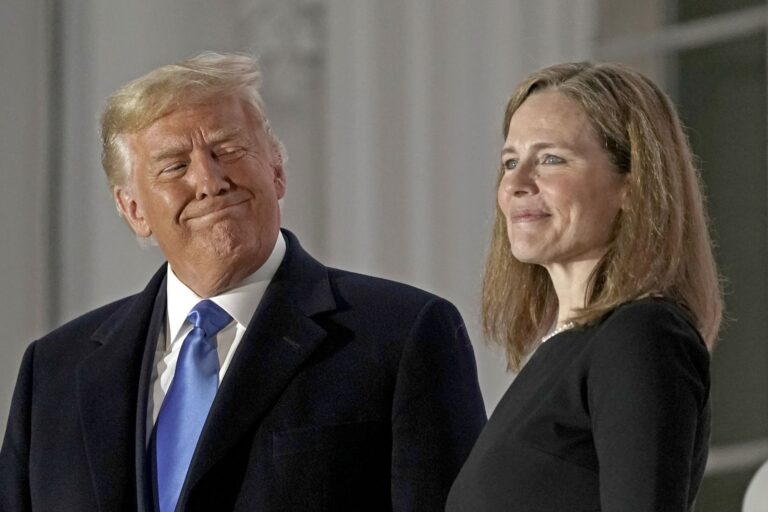
In the less than three years since President Joe Biden took office, the Supreme Court has effectively seized control over federal housing policy, decided which workers must be vaccinated against Covid-19, stripped the EPA of much of its power to fight climate change, and rewritten a federal law permitting the secretary of education to modify or forgive student loans.
In each of these decisions, the Court relied on something known as the “major questions doctrine,” which allows the Court to effectively veto any action by a federal agency that five justices deem to be too economically significant or too politically controversial.
This major questions doctrine, at least as it is understood by the Court’s current majority, emerged almost from thin air in the past several years.
Read the story on Vox
The trauma of Clarence Thomas
Listen to This
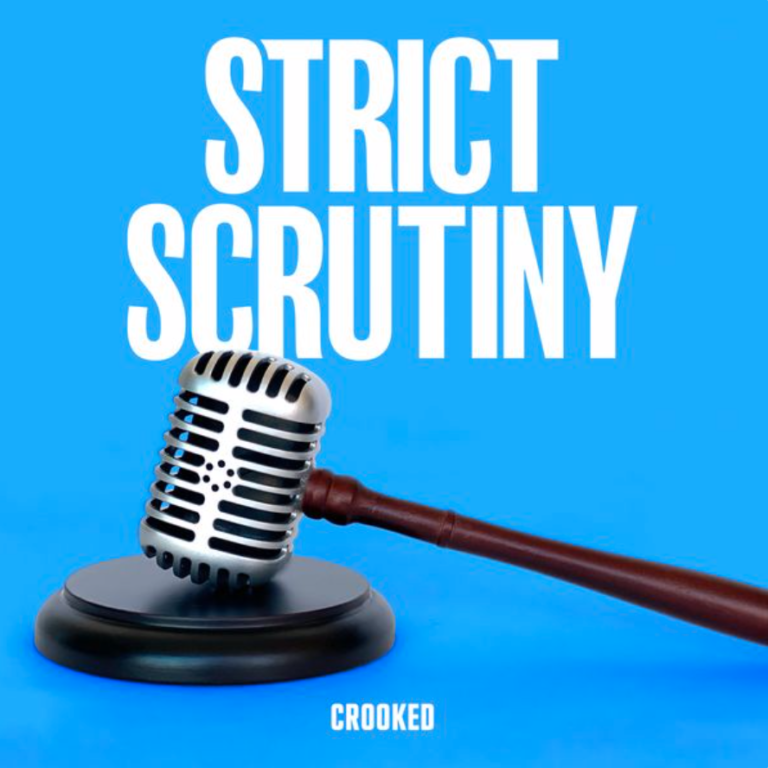
Hosted by three badass constitutional law professors– Leah Litman, Kate Shaw, and Melissa Murray– Strict Scrutiny provides in-depth, accessible, and irreverent analysis of the Supreme Court and its cases, culture, and personalities.
Joel Anderson, host of Slow Burn: Becoming Justice Thomas, joins Melissa and Kate to analyze the justice’s trajectory from his childhood in Georgia to his contentious confirmation hearings. Plus, Joel spills behind-the-scenes tea about reporting the series– including how he found himself in the living room of Justice Thomas’s mother.
Listen to the podcast on Crooked Media
A former LA gang member finds resurrection at UC Berkeley
Say It Louder
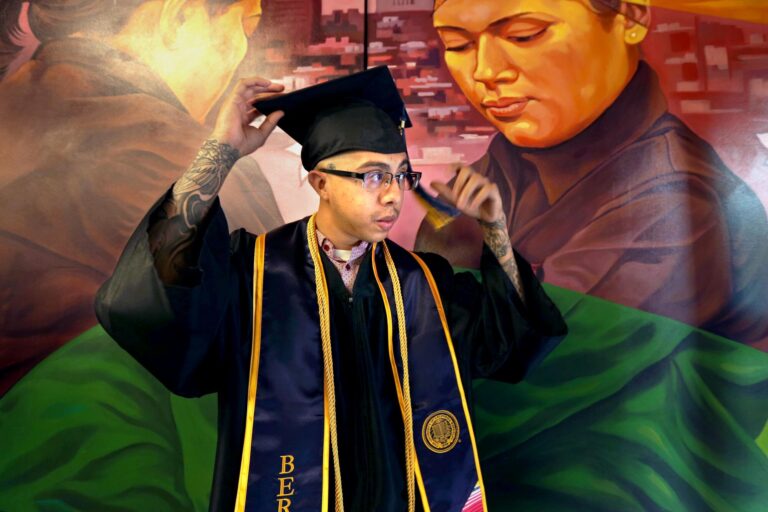
Jessi Fernandez joined a street gang at 13. By his 20s, he had been shot at more times than he could count. He got busted for methamphetamine possession and spent time in Los Angeles County jail for carrying a loaded gun. Yet the persistent danger didn’t wash away a street kid’s dream — that he would get rich as a drug kingpin, then turn legit.
Escapist fantasies became harder to embrace by late 2015, when rivals gunned down two of Fernandez’s closest friends in a few months’ time. The second had lived with him like a brother for at least a year, before being shot down not far from their front door in Boyle Heights. Fernandez, then 22, held 20-year-old “Shorty” as he bled on the asphalt, huddled between two cars.
Read the story on LA Times




